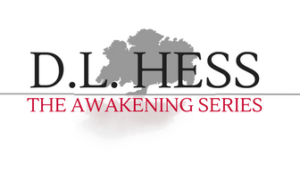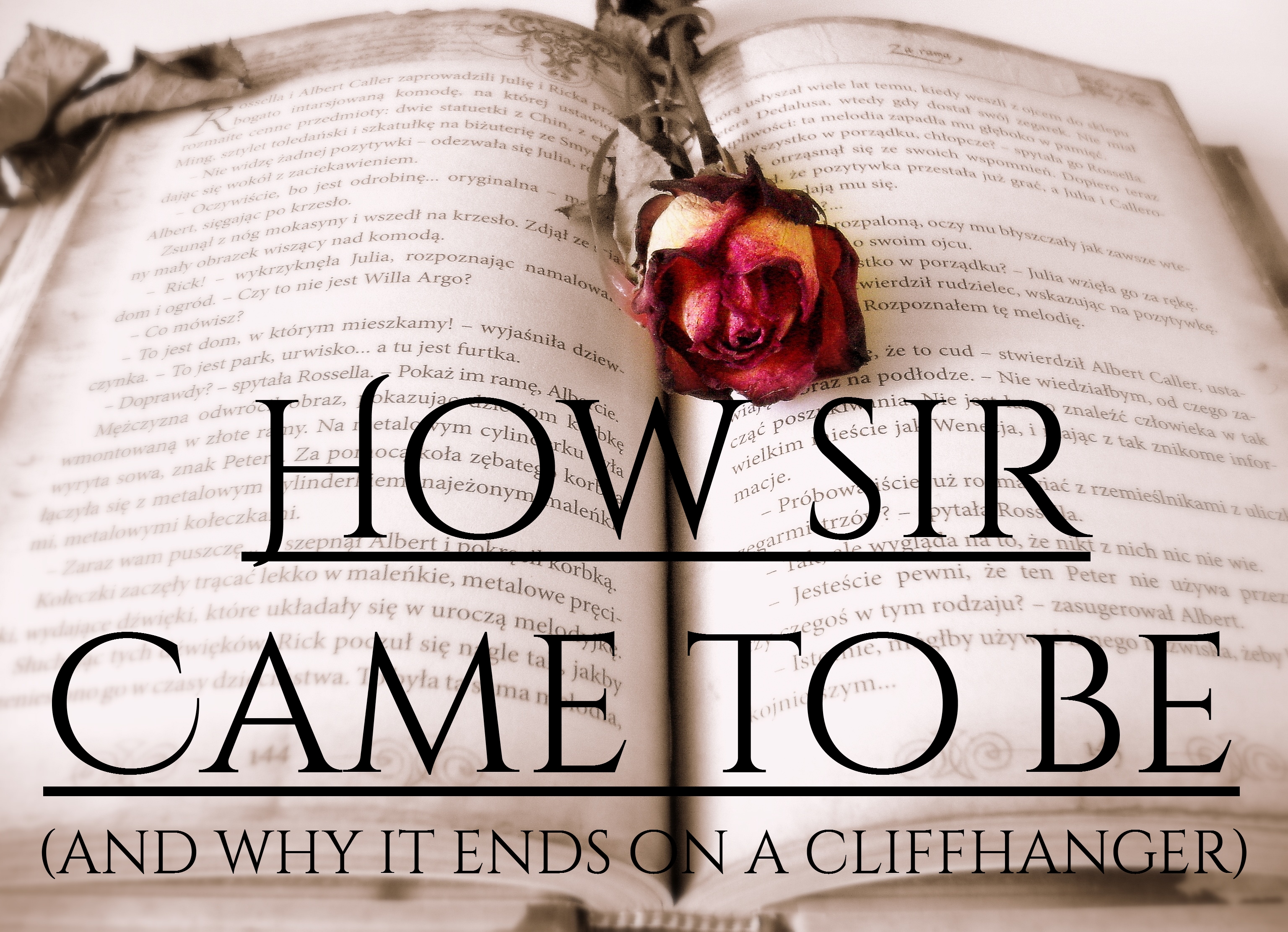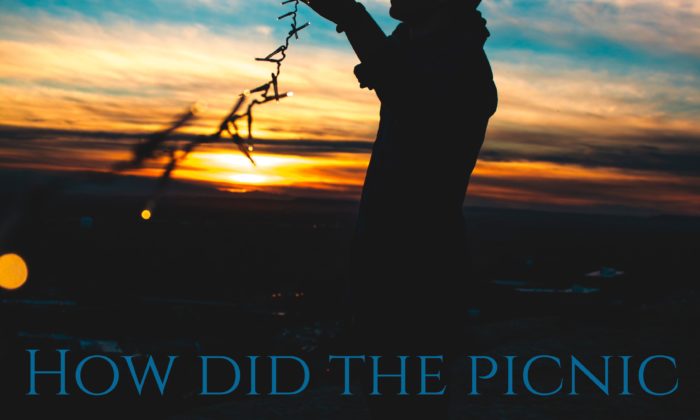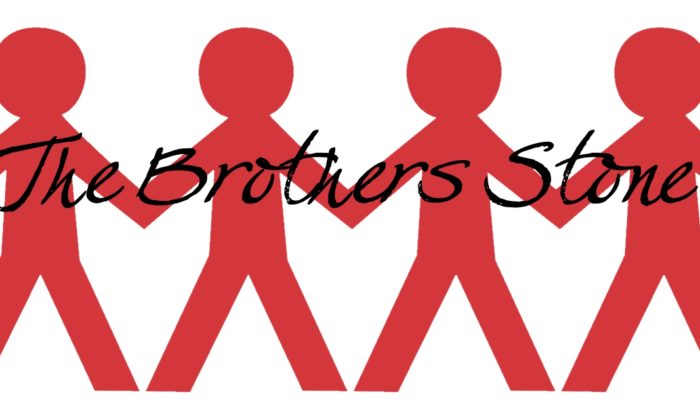How SIR came to be (and why it ends on a cliffhanger). . .
I knew going into publishing Sir essentially what the main criticisms would be. Not to brag (but), I’ve been a professional writer — not for books, but tomato/tomato — long enough that I have a decent grasp of where my weaknesses lie and, with enough time, I can emotionally distance myself from my work product to have a general idea of what it’s weaknesses are.
So I KNEW, when pressing the button to publish Sir, that people were going to think that it started slow with too much exposition up-front in the first two chapters (and I have reasons for that), that there wouldn’t be enough “action” for some people’s tastes, and that it ends on a pretty major cliffhanger.
I’m going to address the cliffhanger right now.
Particularly since there’s more than one review that screams WHYYYYYYYYYYYYYY????? (lol)
I actually have reasons for this– practical, personal, and sartorial reasons.
I’m a poet-turned-screenwriter. I was a published poet at eighteen, internationally published before I was twenty-five. When I was in college working on my Creative Writing degree (I also have a degree in Anthropology, this comes in later, tangentially), I signed up for a course called Writing the Novel. The day before the class was to start, I panicked and dropped it. I didn’t think I had a novel in me (the sad irony was that, to that point, my dream was to become a novelist). So, instead, I signed up for the upper-division Writing the Screenplay course. . . having no idea what that actually entailed. That decision–based mainly on anxiety and fear–changed my life.
I discovered that how a screenplay works — how you write them and the rules — was how my brain worked. Why I was so afraid of novels was that I knew (from a short story class a few semesters before) that I struggle(d) with the typical past tense format that you find in most novels. My brain struggles to put the words on the page that way.
I don’t think in past tense when I write. I am there with the characters in that moment.
I feel what they feel, I experience what they experience. My job is to describe it and put it on paper.
So, when attempting to write prose fiction, it was very difficult for me to describe what I was feeling and experiencing in the moment and transcribe it into something that happened in the past. I would get stuck in the rhetoric of it all, and I would become incredibly frustrated, which led to me getting down on myself. It was phyiscally painful to write, at best, and, at worse, I felt as if my dreams were being destroyed because I was not smart enough to put simple words onto a goddamned piece of paper.
That’s not good for mental health and stability.
So I was presented with a new medium to express my stories — the screenplay. It was as if the lights came on and the world became bright again.
You see, screenwriting is unique in its process but yet there’s a strange correlation to poetry — your job is to say as much as possible in as few words as possible, while not only getting your story and your point across but also painting the most vivid picture you can. Every word, every punctuation point, the order of the words all matter.
And it’s all in present tense.
Literally, I heard the choir of angels sing in that moment. I remember exactly where I was sitting (. . . on the toilet) when I discovered the screenplay format.
That class, that decision, that moment changed my life [for the good, the bad and the ugly, it’s still up for review].
It led me to stop my graduate degree in Anthropology, and I went to film school instead. I struggled at the beginning but I came out at the top of my class with highest honors. I won a few contests. I discovered I was a TV writer and not a movie writer. I worked on a TV show. . .
And then my luck changed.
I stopped getting work. Everything dried up. I ended up in a major depressive episode. And I didn’t know what I was going to do with my life. I literally prayed to god and begged him to show me my path.
Then I had two guardian angels in a period of a week come out of the woodwork and present me with opportunities.
One is an independent producer. I truly adore her and we have been working on developing projects together for the past four or five years. We currently have stuff sitting in the laps of Amazon and Sony and Starz right now. I would marry her if she’d have me.
The other guardian angel was my best friend from film school. We hadn’t spoken since we graduated (I still don’t know WTF happened, but my best guess is that it had to do with a guy *sigh*), but she came out of nowhere and sent me an email that said something along the lines of, “I remember you mentioned that you read romance novels, would you be interested in writing them?”
Come to find out, she worked for a well-regarded book agent, and they had an author that needed some help writing a couple of books that needed to be written post-haste because they had a publishing date but no book to publish.
I wrote a 2100-word sex scene (and then cut it down to 1000 words like the prompt requested), and apparently, I was good enough at it that I beat out about fifteen other writers.
You know what helped? The original author wrote in first person present tense. Thank the good lord.
(I also got it to them within four days of receiving the original author’s previous books, which probably didn’t hurt. I read all of her previous books over a day and a half and then took a day to pound out a scene in the voice of the author. . . all while writing a massive TV proposal to land the gig with fairy godmother no. 1. I’m not embarrassed to brag that I beat out a writer from Orange is the New Black for that TV development gig <buffs nails>)
Come to find out, the skills I developed between writing poetry and writing screenplays came in handy when writing novels — particularly novels in first person present tense — because writing in another writer’s voice was something I did already. At that point in my life, my job had been to go behind other writers or writer/directors and fix their dialogue and prose. I was already used to mimicking voice. In film school and beyond, I had developed solid skills in dialogue, character development, pacing, and story structure.
I used those skills to help this other romance writer write her two books in two months. It was miserable in a lot of ways, but I learned a ton in those two months.
Once the gig was over, I found out from producer fairy godmother that I got the major development gig, and so my career went off in that direction for three or four years. But I still remembered what I learned in those two months working with that other author.
And I realized that I had a novel in me, after all.
In the weeks off between screenwriting development projects, I outlined my own romance novel. . . a book where I was in charge of the characters and what happened to them and where I could address things like consent and safety.
The original outline was something like 22 chapters and went from meet-cute to his pursuit of her to her reluctance to go on the first date because of her personal baggage with her ex that’s still around, to her slow acceptance that he actually likes her [any of this sounding familiar??], to her agreement to go further, and then they embark on a journey of sexual revelation. . .
It was called His.
Then I started writing. A day here or there, in the time between one screenwriting gig finishing and another one beginning, I started going on the journey to discover a handsome Hollywood actor named Nate and a shy diner waitress named Tori. I discovered that there was more story there than what would fit in just one book, and that there was a whole other story available that centered around Tori’s best friend and fairy godmother, Elizabeth. . . and that, actually, Elizabeth’s story was named His and Tori’s story was about her Sir.
Over 26 days over a span of two years, I wrote about Nate and Tori, a little diner in south Louisiana, and the family that Tori built for herself. On September 26, 2015, I wrote chapter 17 (what later becomes chapter 18). Then the project went back onto the shelf because I got hired to develop a miniseries about an all-black regiment in WWI.
2016 was a truly terrible year for me, personally, with a lot of death and illness in my family. My producer fairy godmother and her continuous generous generation of screenwriting ideas kept me sane because every week there was a new crisis for me to manage. I’m not exaggerating– my world exploded on a weekly basis for nearly eighteen months. 2017 came, and though there was still a lot of family illness, it started tapering off and the world shifted back to normal.
I also stopped getting as many screenwriting development projects. (Well, I had them, but they are just open waiting on co-writers to contribute or in stasis sitting on some executive’s desk). I moved back to California and into a beautiful apartment with a distant cousin. I started finding myself again.
So I did what I had been doing, and I went back to the folder in my computer labeled Delilah Wilde (my original pseudonym, someone else has taken it since I first laid tracks for it, which forced me to change the name I write under, and I ended up going under a version of my actual real-life name). I looked at what I had left in the outline, and I read what I already had written.
I realized that I had a book. And it was charming. And it was much better than I remembered it being.
The book that I had put on the shelf nearly two years before ends on a cliffhanger, but there is a beginning, a middle, and an end. It’s not about Tori’s sexual awakening, but it’s about her acceptance that she is worthy of attention and attraction. It’s about Nate’s pursuit and her decision to accept it or walk away.
But, again, it also ends on a whopping cliffhanger.
So I had a decision to make. Do I publish what I already had (after a polish and some small additions), which is just a teaser. . . or do I keep going?
It was a conundrum.
I knew the cliffhanger would piss people off. However, the whole reason I rage-purchased the second Fifty Shades of Grey book (at full price) was because the first book ended on such an awful cliffhanger. I wasn’t nearly as infuriated at the end of the second book, but anger fueled that purchase as well.
So, based on my personal experience, I knew that cliffhangers urge people to buy the next book in the series. It’s why TV shows have episodes that end on cliffies — so that people tune in next week. (Remember, I’m still a TV writer.)
I also know that as a romance novel, I’m a fucking no one. Who the hell is going to buy my damned book besides friends and family? (Which I’m right, I know 95% of the people who’ve purchased Sir in the first week.)
So I had to look at it from a business perspective. I know that it’ll piss people off, but I also want them to read the next book. Because I still had the second half of an outline to write. . . which would be its own sex-fueled book.
Then I sat down and tried to figure out how much story I had with Nate and Tori and what the story engine would be — are there more than just two books? What about Elizabeth and Chance? The other brothers?
I took a couple of weeks and just. . . brainstormed. I’d wake up with thoughts of Felix (who was originally named Byron) and I’d spend a few hours writing out potential scenes between him and his Trouble. My friend Sarah and I would spend hours on the phone talking about what a freak Leo is with his Pet. How Nate fucks you but Leo fucks with you. . . and how Elizabeth is no longer the Lizzie that Chance fell in love with, she’s a Domme in her own right, but then, Chance is not the same guy either. . .
I discovered that I didn’t just have one book. . . I had between fourteen to sixteen books.
And my co-writer on my current TV dramedy development project was going through a divorce (and then they reunited and then his dad got sick. . .) so I had time to work on Sir and Sir: The Awakening.
I had to look at this as a change in career, or at least a redirection. And I had to plan out how to do it best.
I also knew that there was a strong chance that if I waited to complete Sir the way it was originally outlined (where Sir and Sir: The Awakening were the same book), then there was a likely chance that my life would explode again, or that the miniseries on the desk at Starz would go forward or that the TV show sitting on a shelf at Amazon Prime would actually get picked up. . . any of which would be fan-fucking-tastic, but it would also mean that any iteration of Sir would fail to see the light of day.
And I thought it was too cute and charming for that to happen (sue me, I’m proud of my work).
So I buckled down over the summer of 2017 and set out to polish up Sir and start the writing on Sir: The Awakening.
I knew that I wanted to release Sir: The Awakening on the heels of Sir so they both had to be ready before I dropped Sir. (They’re not, but who would have guessed that my life would explode the month before Sir was due to be published? If something could go wrong the month before, it did, but I already had paid PR companies so Sir and Sir: The Awakening were going to happen whether or not it was ready. . .)
In mid-July, I contacted that friend from grad school who works for the lit agent and I invited her to lunch. She agreed to help me get Sir off the ground. We debated going the traditional publishing route, but she figured I was looking at 2 years before it would be published. It already took me two years to get to this point, and I realized that I was tired of waiting. I was ready to pull the trigger and commit.
I know how my brain works, that if I agree to do something, I’m going to see it through because guilt will eat me alive if I don’t. And even though I have only sold barely 100 books so far, I still feel obligated to my darling readers to keep going.
So I followed her (and her bosses’) advice, dropped a ton of money on building a website and a mailing list and an LLC (ok, that was my own bad decision) and hiring PR companies. . . and I got ready to drop Sir.
And now it is here. And it ends on a cliffhanger. And there are reasons behind it. You may not agree with them, but it is an is at this point.
Sir: The Awakening is coming in — holy shit — twenty days from now, and I still have 3-4 chapters to finish, plus the editing. Yikes.
It’s. . . different than the first book. There’s a tonal change. A lot of sex. But there are still cute moments with all of our beloved characters. We learn more about Elizabeth and her backstory with Chance. We see more of Brady. We learn about Nate’s crazy ex. And that Nate has a plan for Tori. . .
Then I have to outline Sir3 (current name: Sir: The Proposal) and Sir 4 and 5, as well as Elizabeth’s His, because Chance is coming to town and that’s going to affect both His and Sir. Then there is Pet and Trouble to outline fully. So there will be a gap between Sir: The Awakening and Sir: The Proposal, but I’m going to try to bust that out as soon as possible because I don’t want anyone to forget me and Sir in the downtime. I was trying to get it out for October 31, but my life has exploded again and the fallout means I’m moving back to Louisiana for the forseeable future.
So that’s what my life looks like right now. And it doesn’t help that I woke up to an email from my dramedy writing partner saying that he’s ready to move forward with our current project. . .
It’ll all get done. Somehow.
(I hope that answers your question.)
I adore you all.
D.





